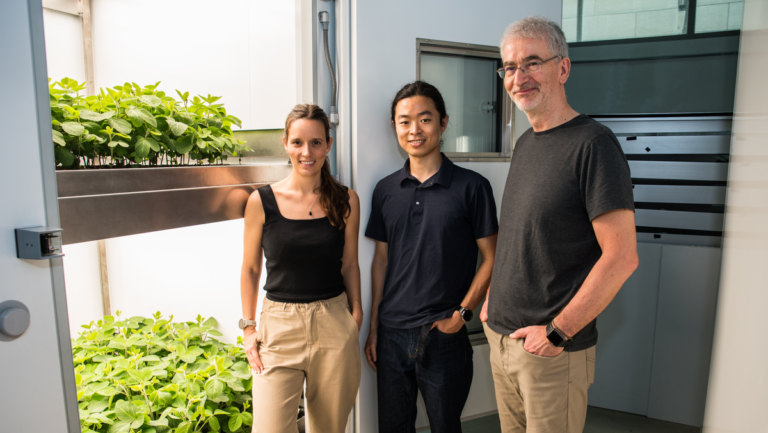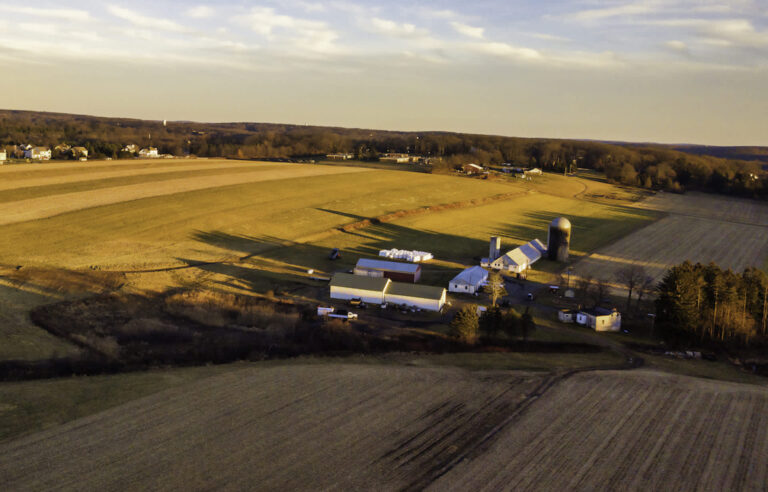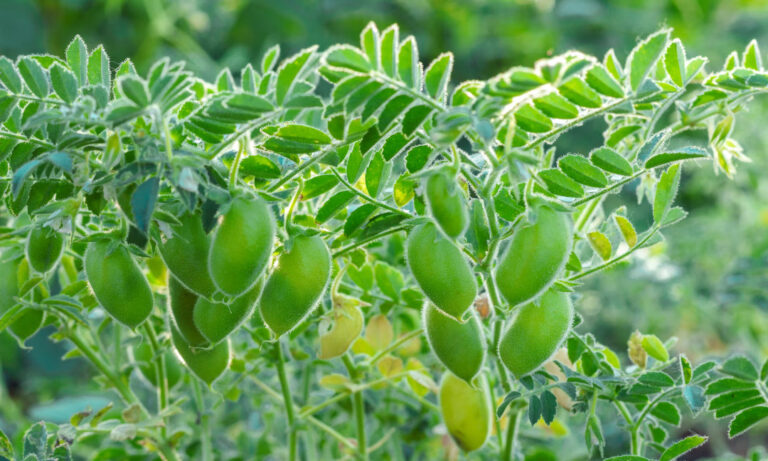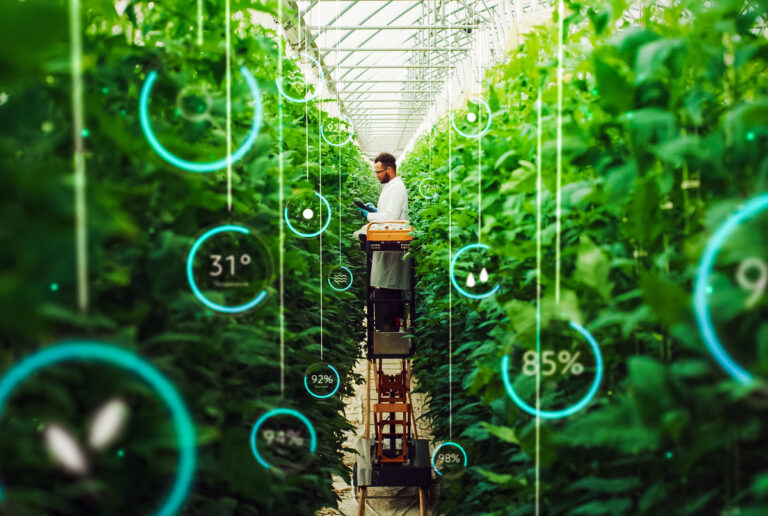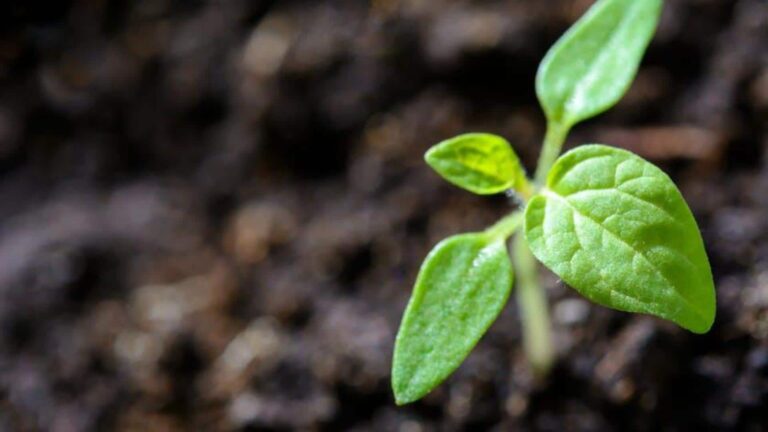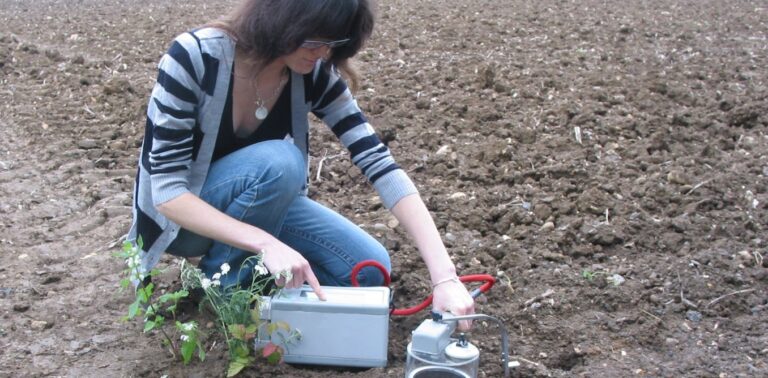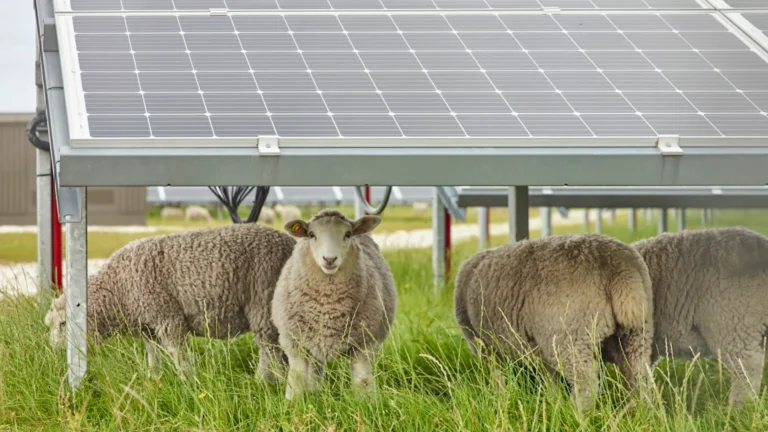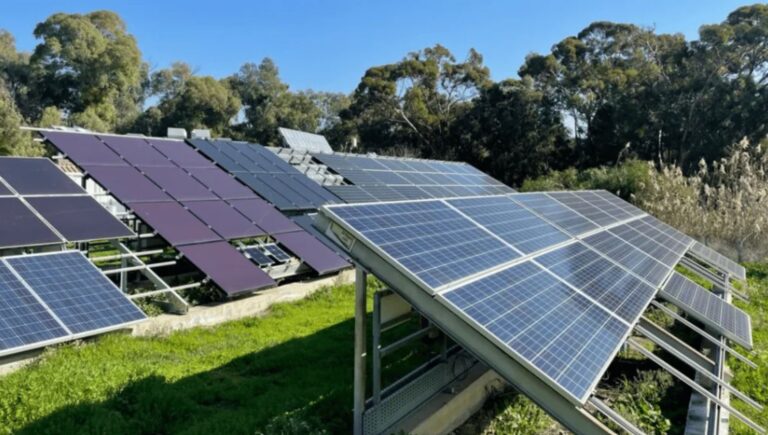Seed copyrighting harms farmers
Ever since humans first learned to grow their own food, farmers have been saving seeds to produce the next crop. This practice has been essential for over a millennium since it encourages sustainability and stronger crops. Unfortunately, the relatively new idea of copyrighting seeds has all but put an end to this traditional relationship. Large…


